Hospitalist Program
10 Tips That Can Help You Start Exercising
Regular exercise has multiple health benefits. Aside from helping you manage your weight, it can also help you sleep better, reduce your risk for anxiety and help improve your cardiovascular health. Exercising also promotes better cognitive health, better bone health and greater balance. However, for people who want to lead a more active lifestyle, taking the first step to fitness and establishing a workout routine can be the hardest thing ever.
If this sounds like you, please know that getting in better shape doesn’t have to be a major chore. Don’t worry if you can’t workout for long hours just yet. The important part is that you have the desire to do it and that you are willing to get started, so make it easy on yourself. Here are some tips that can help you start exercising and stay on the fitness groove for good.
 If you’re new to cardio, you can start with a 10-minute walk and slowly increase the length as you get used to it. Walk with your dog or a friend to keep yourself from looking at your watch. |
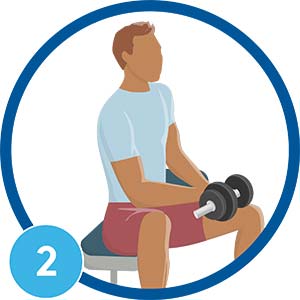 If you’re aiming to build muscles, you can start strength training with moderate intensity twice a week, focusing on major muscle groups. |
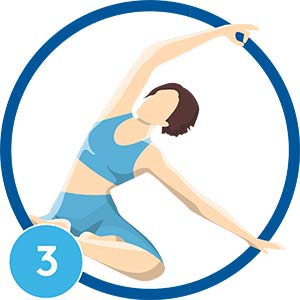 Try fun and relaxing physical activities such as dancing, yoga, swimming, gardening and leisure sports to trick your mind that you’re not actually exercising. |
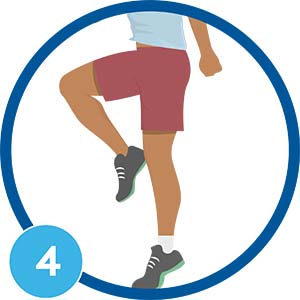 Move more, sit less. Find reasons to burn a few more calories throughout the day, whether it’s getting a glass of water or stretching every 20 minutes. |
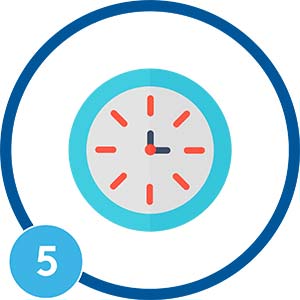 Schedule a specific time for exercise and stick to it. You may be surprised to see how quickly you can turn it into a new habit. |
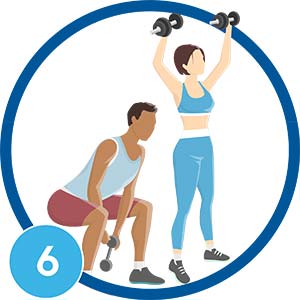 Stay motivated by making it social. Join a class or a recreational league. Get a workout partner or form a small group that you can work out with regularly. |
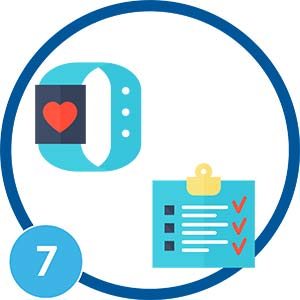 Get a fitness watch or a food tracker, or download a fitness app to monitor your daily, weekly and monthly progress. |
 Reward yourself when you complete a personal goal. It doesn’t have to be expensive. It can be your favorite smoothie or a new exercise shirt. |
 Kick it up a notch with a friendly competition. Organize a weight-loss or fitness challenge with your colleagues, so you can also help each other reach your goals. |
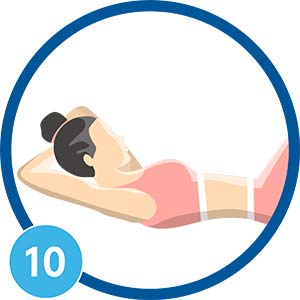 Listen to your body. Don’t force yourself into exercising for long hours or doing high-intensity workouts right away. Rest when you’re tired and know your limits to prevent injuries. |
Any new routine can take a little more time to become a habit, so it’s okay to start slowly. If you need assistance in coming up with a fitness plan, you can consult your doctor, look for exercise routines online or consider working with a personal trainer. Don’t forget, even a few minutes of physical activity counts. And remember, your long-term health and well-being is worth it!
All the best! We’re rooting for you!
Sources:
American Heart Association
Centers for Disease Control and Prevention
World Health Organization
Healthline
